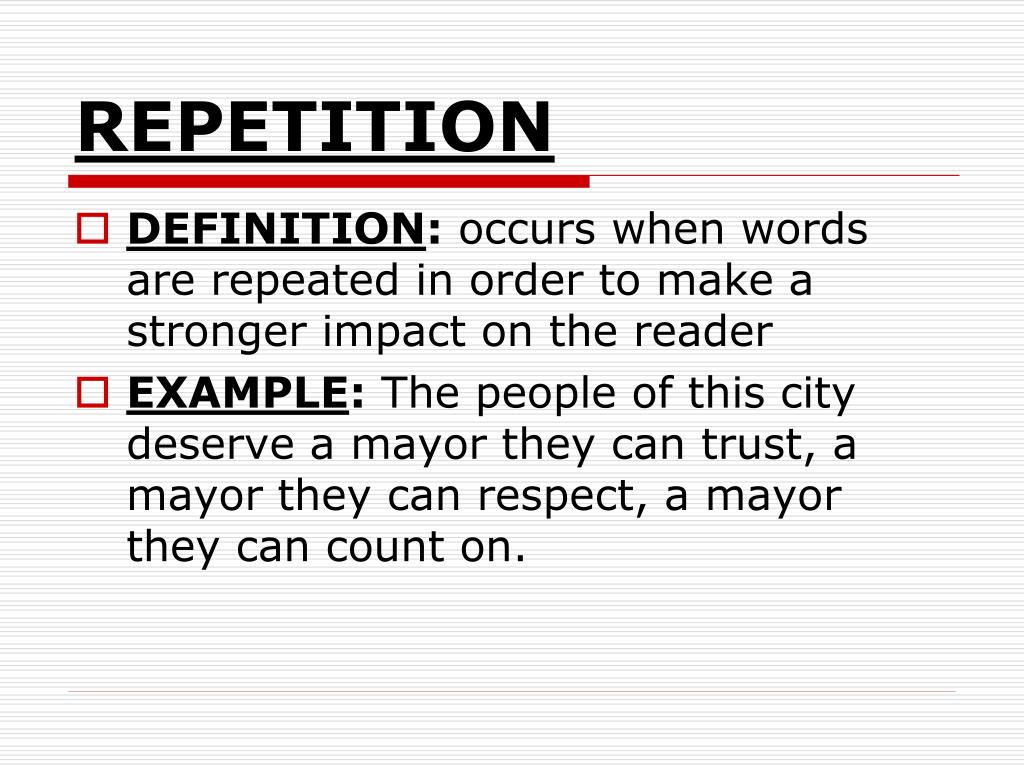

Shylock also confronts them about their undeserving noble attitudes. He questions the hypocrisy of the Christians how the Jews are punished for hurting Christians but not the other way around. However, it takes a dark turn when he begins to talk about revenge. He tells them that he is also a human with “hands, organs, dimensions, senses, affections” and that he can feel pain and joy like they do. Here, we see that Shylock’s monologue is about his mistreatment by the Venetians for being a Jew. You teach me I will execute, and it shall go hard Wrong a Jew, what should his sufferance be byĬhristian example? Why, revenge. Revenge? If we are like you in the rest, we will

You tickle us do we not laugh? If you poison usĭo we not die? And if you wrong us shall we not Same weapons, subject to the same diseases,Ĭooled by the same winter and summer as aĬhristian is? If you prick us do we not bleed? If Passions fed with the same food, hurt with the Hands, organs, dimensions, senses, affections, Let’s have a look at an extract from the Year 12 Common Module text: The Merchant of Venice, Act 3, Scene 1 Step 1: Identify any repeated words or phrases It can include words, phrases, clauses or statements. Here are some methodical steps that will help you analyse and discuss it. Repetition is very easy to identify, but may be more difficult to analyse. Most of the time, the subject highlighted holds a deeper meaning, like symbolism. The thing repeated often represents another idea or concept that can further support the text’s themes and messages. So, when we identify the subject and its symbolic meaning, we can link the two together to figure out the purpose of the repetition. It is up to you to think critically about these changes and figure out its significance. This will ultimately affect the mood or atmosphere of the text. Repetition can create a rhythm or break it. Knowing this, composers are able to emphasise and then explore further certain subjects by repeating specific words or phrases that relate to it. When a word, phrase or statement is repeated several times, we often find it hammered into our brains.

Make sure you specify the particular type of repetition, if any, that is being used. For example, “ We are born alone, we live alone, and we die alone.“
#Different words for repetitive series#



 0 kommentar(er)
0 kommentar(er)
